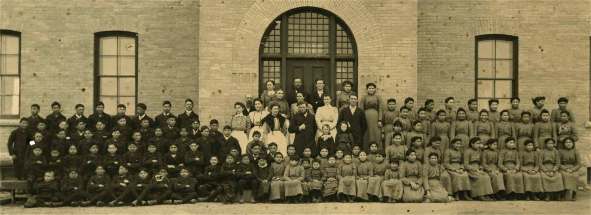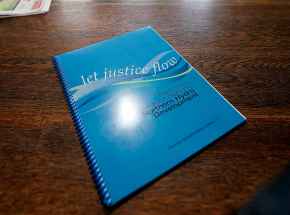Report lays bare Hydro’s bad days
Read this article for free:
or
Already have an account? Log in here »
To continue reading, please subscribe:
Monthly Digital Subscription
$0 for the first 4 weeks*
- Enjoy unlimited reading on winnipegfreepress.com
- Read the E-Edition, our digital replica newspaper
- Access News Break, our award-winning app
- Play interactive puzzles
*No charge for 4 weeks then price increases to the regular rate of $19.00 plus GST every four weeks. Offer available to new and qualified returning subscribers only. Cancel any time.
Monthly Digital Subscription
$4.75/week*
- Enjoy unlimited reading on winnipegfreepress.com
- Read the E-Edition, our digital replica newspaper
- Access News Break, our award-winning app
- Play interactive puzzles
*Billed as $19 plus GST every four weeks. Cancel any time.
To continue reading, please subscribe:
Add Free Press access to your Brandon Sun subscription for only an additional
$1 for the first 4 weeks*
*Your next subscription payment will increase by $1.00 and you will be charged $16.99 plus GST for four weeks. After four weeks, your payment will increase to $23.99 plus GST every four weeks.
Read unlimited articles for free today:
or
Already have an account? Log in here »
Hey there, time traveller!
This article was published 24/08/2018 (2663 days ago), so information in it may no longer be current.
If Manitoba Hydro is the poster child for resource extraction on Indigenous land, the poster was smeared with ugly allegations this week.
Disturbing reports show the Crown corporation has known since 2012 and didn’t adequately address decades-old allegations of abuse in Fox Lake Cree Nation by Hydro workers.
The accusations are even more disheartening because they echo an ugly narrative of power imbalance, racism and exploitation that Manitoba has experienced all too often.
A report that surfaced Tuesday includes testimonies Fox Lake residents gave to the Clean Environment Commission, an arms-length agency of the Manitoba government. The commission had asked for input on the effect of Hydro development on the North, and it got an earful.
Fox Lake residents recounted racism, violence and sexual assault that occurred near Gillam after large-scale Hydro projects began in the 1960s.
They described a scenario in which hundreds of construction workers overwhelmed the local community, creating a toxic environment of social tension and violence that included sexual assaults on local women. They say the outsiders acted like predators.
As described by Franklin Arthurson, a Cree-born employee of Hydro in the 1960s, “Construction workers, they’re a hardy lot, they drink hard, they live hard. And they all chase women.”
Why didn’t the RCMP keep order? Residents said police were part of the problem.
A shocking, although unsubstantiated, allegation is that Mounties “organized gangbangs” in nearby Gillam. “They would pick up Fox Lake women, take them to jail, and bring all of the Hydro guys there to do what they wanted with these young women.”
It would be reassuring to think such troubling accusations would get high-alert attention when they reached responsible authority figures, but Hydro and the CEC have known about the allegations since at least 2012.
When the matter exploded into big-headline media prominence this week, there were many calls to further investigate. The Assembly of Manitoba Chiefs wants an independent investigation. Opposition parties want to know why Sustainability Development Minister Rochelle Squires sat on the report for two months before releasing it.
The Mounties may call in the Independent Investigation Unit of Manitoba so police aren’t investigating themselves. Indigenous Relations Minister Eileen Clark said she will visit northern communities, including Fox Lake, although Fox Lake said she hasn’t been invited.
While further investigation is certainly required, the results are unlikely to lead to the mass convictions. The events happened as early as the 1960s, and even on crimes without a statute of limitations, law courts are reluctant to accept memories from 60 years ago without substantial corroboration and written records, which are unlikely to exist in most of these cases.
A more realistic expectation is that powerful bodies such as Hydro will examine the atrocities at Fox Lake as lessons to underline the importance of cultural sensitivity.
Fox Lake is a reminder that the bad old days are deplorable and unacceptable.
To be fair to Hydro, the corporation’s relations with Indigenous people have improved dramatically from the 1960s to 2018. Hydro now offers a two-day Indigenous cultural awareness workshop for all employees, which is mandatory for all supervisors and managers in northern Manitoba, and almost 50 per cent of Hydro’s northern staff now identify as Indigenous. Counsellors are on-site at Keeyask to assist any Hydro or contractor employee.
Fox Lake is a reminder that the bad old days are deplorable and unacceptable.
Indigenous people should be treated with respect because their partnership is essential for Hydro projects, and also for industries such as mining, forestry and tourism.
But, more importantly, they warrant respect simply because everyone does.
















